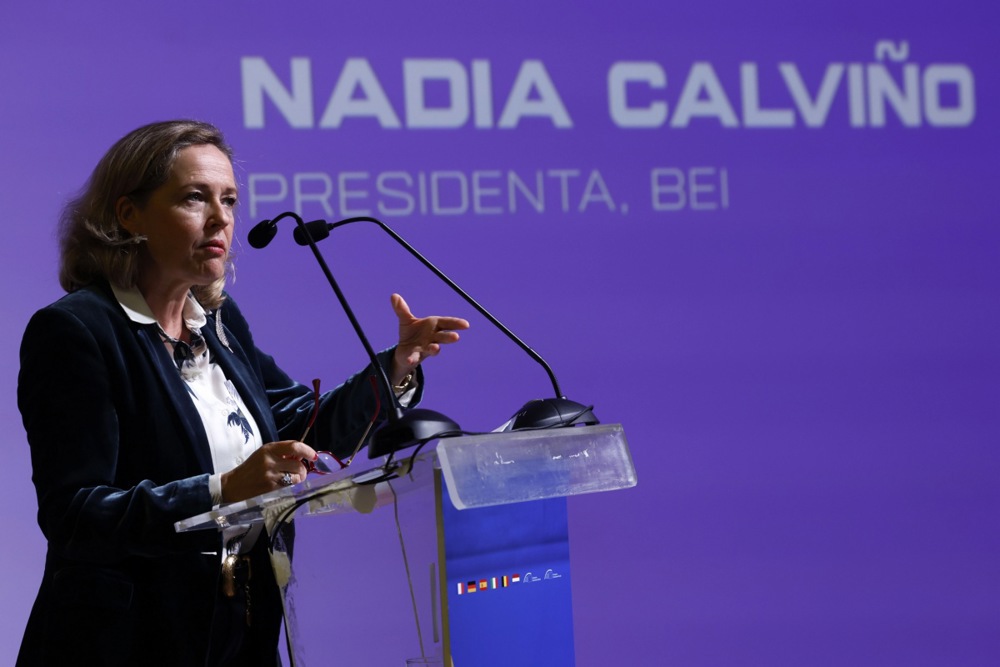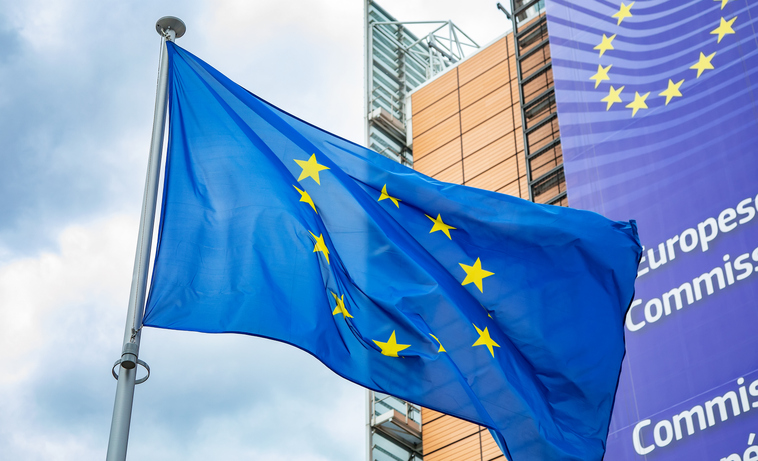Europe’s military strategy towards Russia is “ludicrous”, a war studies academic told Brussels Signal.
The EU is losing the information war with Moscow, largely because growing segments of the European public have come to accept the narrative that NATO expansion was a key factor in the outbreak of the war in Ukraine, according to David Betz, Professor of War Studies at King’s College London.
“If one supposes that the object of information warfare is foremost to bolster the unity and support for the war of one’s own population and allies, while at the same time dividing and weakening the same factors in your enemy’s camp, then… yes, Europe is losing,” Betz told Brussels Signal in an interview on May 20.
Betz argued that Russian public support for the war remains strong and that the Kremlin’s hold on power is secure by the standards of Russian politics. Many Russians believe they are engaged in a proxy war with the West in which they are the underdog — a framing that is “advantageous from a propaganda perspective,” he said, because it reinforces the sense that they are “in the right.”
By contrast, Western populations are increasingly fragmented, with significant portions accepting the idea that NATO’s eastward expansion provoked the conflict. These internal divisions, Betz added, existed before the invasion and can be traced back to disagreements that emerged during the ‘war on terror’.
He described the Western alliance as “openly split”.
This perception of disunity, Betz said, was vividly illustrated during a high-level visit to Kyiv on May 10 by French President Emmanuel Macron, UK Prime Minister Keir Starmer, German Chancellor Friedrich Merz, and Polish Prime Minister Donald Tusk. The European leaders met with Ukrainian President Volodymyr Zelensky to discuss a proposed ceasefire with Russia and possible expanded sanctions should Moscow reject it — which it later did.
The trip followed a widely circulated social media controversy involving President Macron. Days earlier, video footage led to unfounded speculation online about alleged drug use. On May 11, the French government firmly rejected the claims, which it labelled “fake news by enemies,” in a statement covered by Brussels Signal on May 11.
The episode, while dismissed as baseless, pointed to the broader dynamics of the information war—where perception, narrative control, and credibility are as contested as physical territory. In such a context, even false claims can be weaponised to undermine public trust and destabilise political cohesion.
Betz referenced the episode to criticise how European leaders were perceived during the Kyiv visit.“Whether or not Macron and Starmer and whoever the German leader was were doing cocaine on the trip home from Kyiv, the fact of the matter is they look like a group of powerless and frantically out-of-their-depth men — which is the case,” he said.
He argued that at a moment when Western leaders appeared uncertain and politically strained, the contrast with the Russia–China partnership was stark. Just one day earlier, Chinese President Xi Jinping had stood beside President Putin in Moscow to commemorate the end of the Second World War.
“The symbolism… was very telling,” Betz said. “Basically, one side of the war looks very unified and practically and militarily competent, while the other side does not.”
For Betz, this contrast highlighted not just a communication gap, but a deeper historical dissonance. He described the current European strategic outlook as driven by what he called “an increasingly dissipated and anachronistic ideology” — a reference to the belief that Europe can deter or contain threats without undergoing fundamental societal transformation.
“To get the European people to go to war,” he said, “you would need to get the most accomplished people to join the armed forces for economic reasons.” But that, he argued, would drain national economies and create long-term imbalances.
In his view, reversing Europe’s strategic decline would require a return to the kind of social cohesion and sacrifice seen before the First and Second World Wars — something he described as a “generational project.”
“It would have nothing to do with the Ministry of Defence,” Betz said. “It would be a broader societal matter.”





